Concrete Liftings for Level Surfaces
Concrete liftings should be done when temperatures are between 50°F and 85°F to ensure proper curing and adhesion.
Dry weather with low humidity is ideal. Avoid lifting during rain or extreme cold to prevent moisture issues and poor bonding.
Timing is best when the concrete is fully cured and stable, typically a few weeks after initial placement.
Spring and early fall are preferred seasons due to moderate weather, reducing risks associated with temperature fluctuations.

Ways to make Concrete Liftings work in tight or awkward layouts.

Popular materials for Concrete Liftings and why they hold up over time.

Simple add-ons that improve Concrete Liftings without blowing the budget.

High-end options that actually feel worth it for Concrete Liftings.
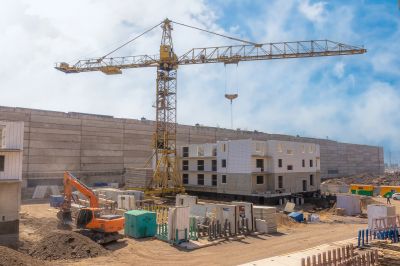
Finishes and colors that play nicely with Concrete Liftings.
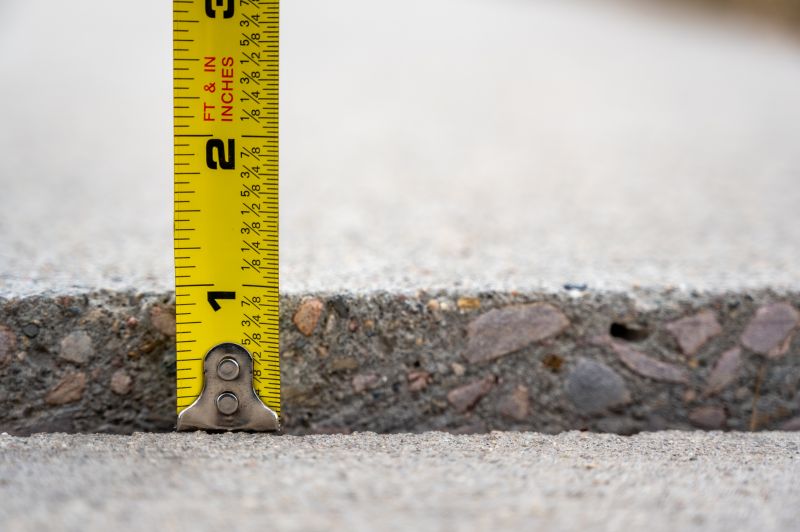
Little measurements that prevent headaches on Concrete Liftings day.
Concrete liftings involve raising and leveling sunken or uneven slabs to restore structural integrity and appearance. This process typically uses polyurethane foam or other specialized materials to lift the concrete without extensive demolition. Proper timing and conditions are critical to ensure long-lasting results and prevent future settling or cracking.
Statistics show that performing concrete liftings during optimal weather conditions can extend the lifespan of repairs by up to 50%. Properly timed liftings reduce the need for frequent rework and can improve the safety and usability of affected areas.
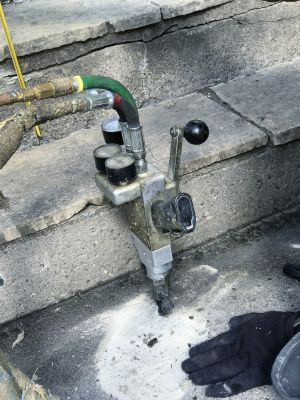
A 60-second routine that keeps Concrete Liftings looking new.
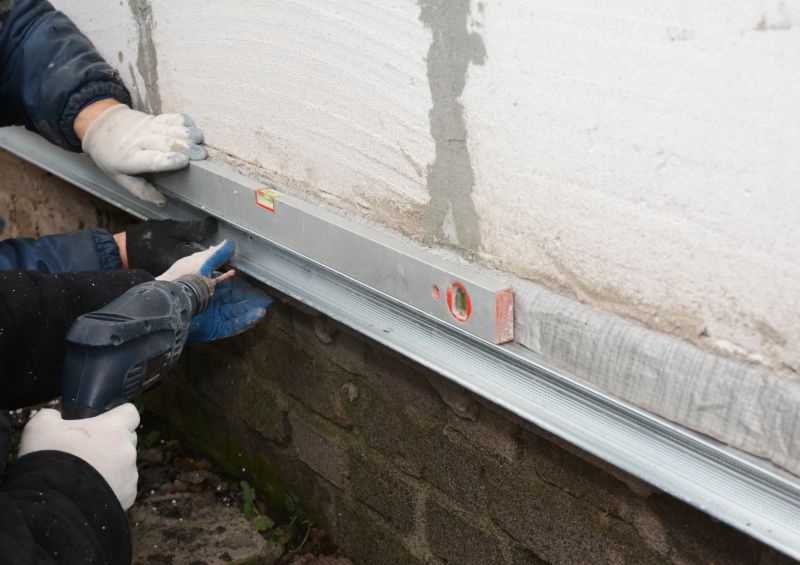
A frequent mistake in Concrete Liftings and how to dodge it.
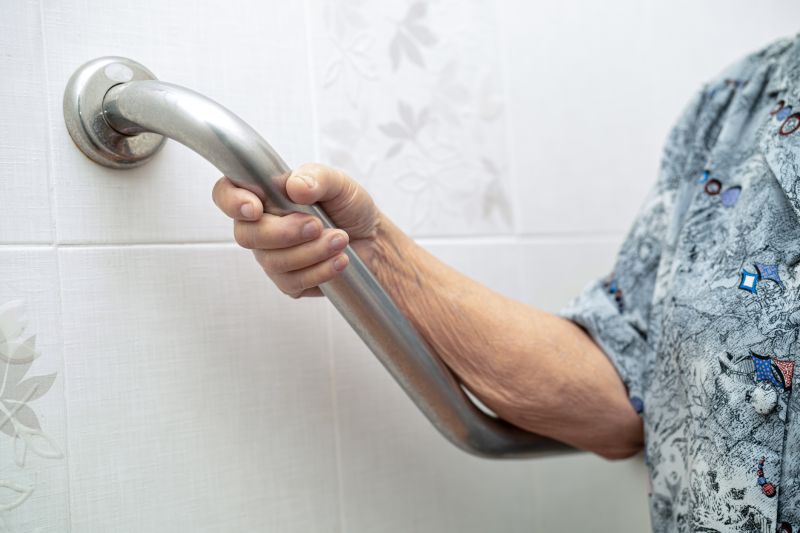
Small tweaks to make Concrete Liftings safer and easier to use.

Lower-waste or water-saving choices for Concrete Liftings.
| Factor | Optimal Conditions |
|---|---|
| Temperature | 50°F to 85°F |
| Weather | Dry and low humidity |
| Timing | Spring and early fall |
| Structural State | Fully cured and stable |
| Avoid | Freezing temperatures and rain |
Choosing the right time for concrete liftings can significantly impact the durability and effectiveness of the repair. Proper planning around weather and temperature conditions ensures that the lifting process is successful and long-lasting.
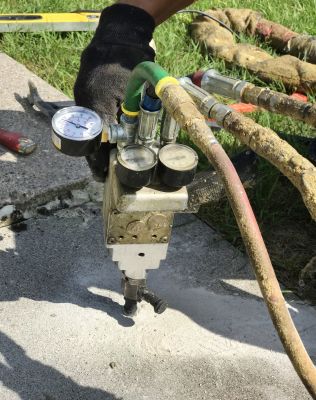
The short, realistic tool list for quality Concrete Liftings.
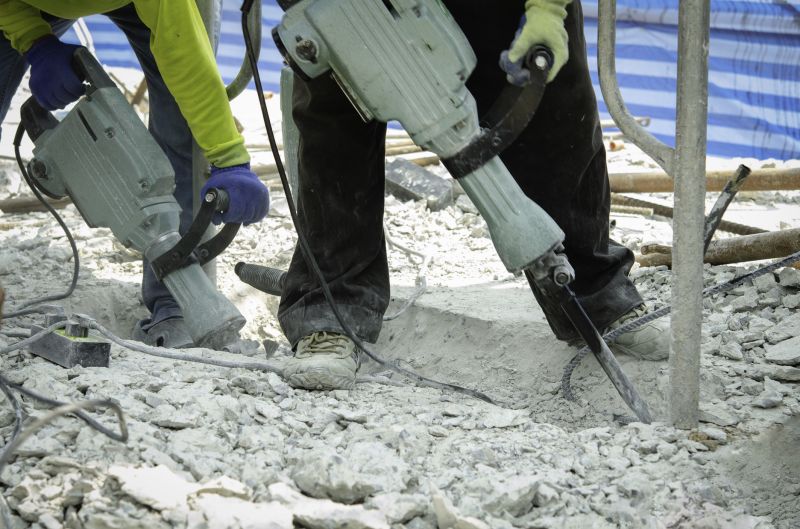
Rough timing from prep to clean-up for Concrete Liftings.
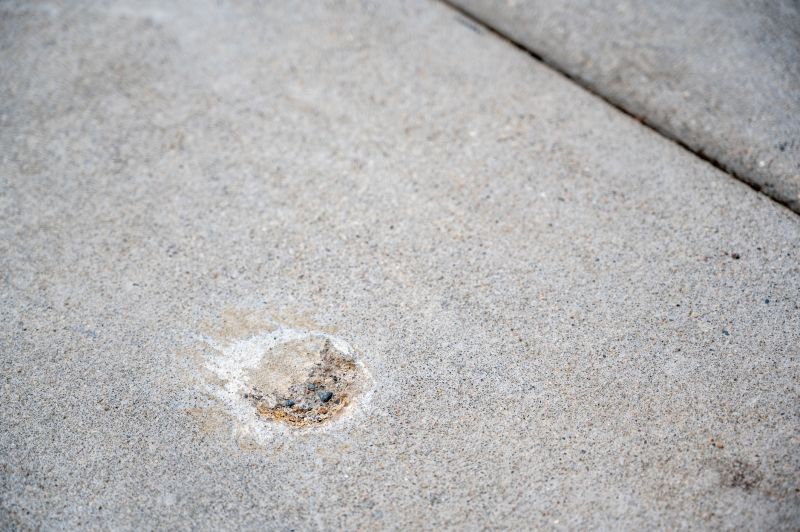
Quick checks and paperwork to keep after Concrete Liftings.
Interested in concrete liftings? Filling out the contact form can provide more information and help schedule the optimal timing for a specific project. Proper timing can ensure a durable and lasting repair, enhancing safety and usability.



